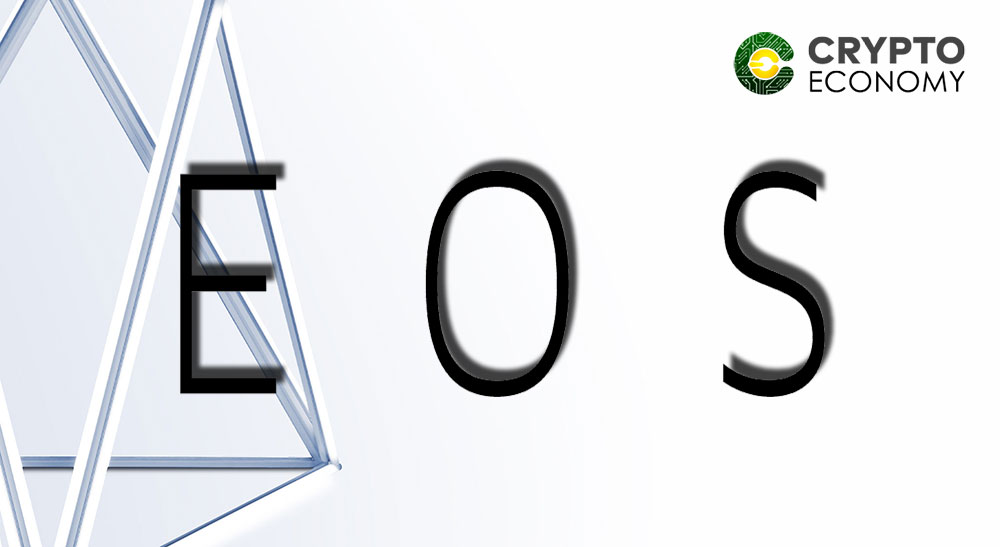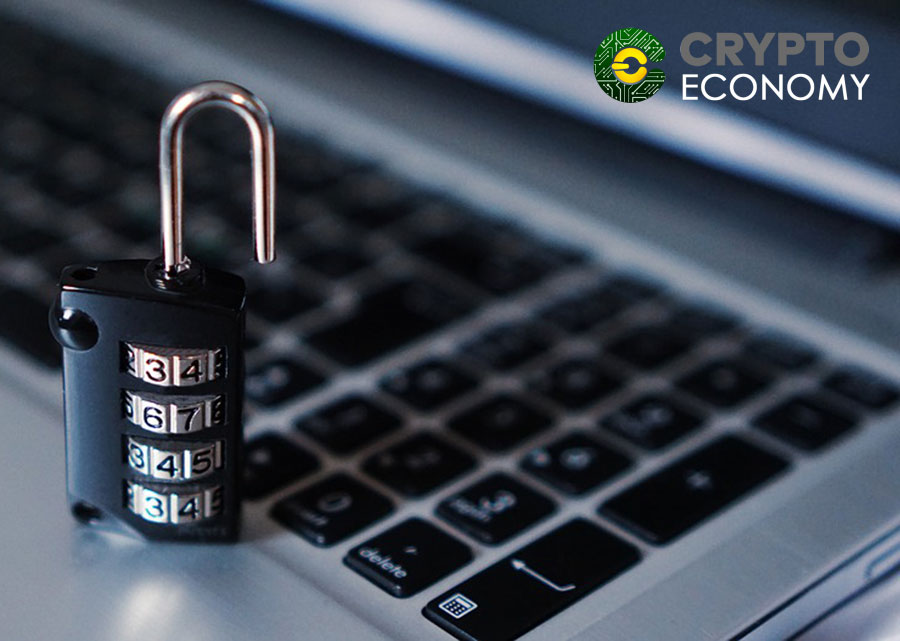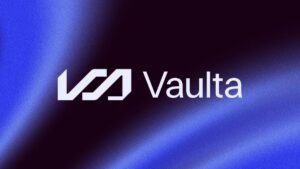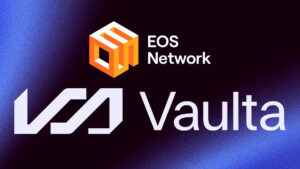Despite all the hype produced by the activation of its mainnet, EOS is becoming the target of backlash from users and crypto enthusiasts alike, following the decision of freezing seven accounts that are allegedly compromised with several phishing scams during the tokens registration process.
According to a Steemit post by EOS block producer (BP) candidate, EOS42, after a two hours conference call, all the BP decided unanimously to comply with the EOS911 initiative – also created by the aforementioned candidate – designed to help those who have been subjects of phishing attacks and private keys thievery, since the EOS Core Arbitration Forum’s (ECAF), the body created to rule on disputes between users, decided not to rule over the matter, arguing current lack of jurisdiction.
What users says
The measure, at first sight, appears to be for the sake of token holders, and could even be defensible if approached from that point of view. But the reality is that several crypto experts and enthusiasts have rushed to social media and backlashed it, raising questions over the supposed decentralized format of EOS, especially with the rules that would govern this blockchain – called its “constitution” – which have not been passed yet.
Regarding this point, Nick Szabo commented on Twitter:
“In EOS a few complete strangers can freeze what users thought was their money. Under the EOS protocol you must trust a ‘constitutional’ organization comprised of people you will likely never get to know. The EOS ‘constitution’ is socially unscalable and a security hole.”
ZK Labs Auditor and Founder of Harbour Project Dean Eigenmann compared this model to that commonly found in weak nation-states, where a few ones have the real power. “The entire model of EOS seems like an oligarchy veiled in a democracy that can be easily corrupted through various means,” he said.
And Charlie Shrem, founder of The Bitcoin Foundation, explained that the whole point of crypto is the absence of power to punish people.
“Protecting” “punishing”. No. No one gets to decide those things. You are hair swapping 1 nation state for another one, albeit a digital one. This is the point of crypto, no one should have that power. If you do, then we should just stop wasting everyone’s time,” said the Bitcoin pioneer.
What EOS says
On the other hand, there are the defenders of this controversial movement. EOS New York stood by the BP candidates’ decision, stating that they have to do what they did because ECAF would not make that choice.
“When we learned the ECAF would not change its position, it was clear that the judiciary was not available to the community and these affected community members at this time. We now found ourselves thrust into a position of acting as both executive and judiciary, which we initially resisted,” the block producer said.











